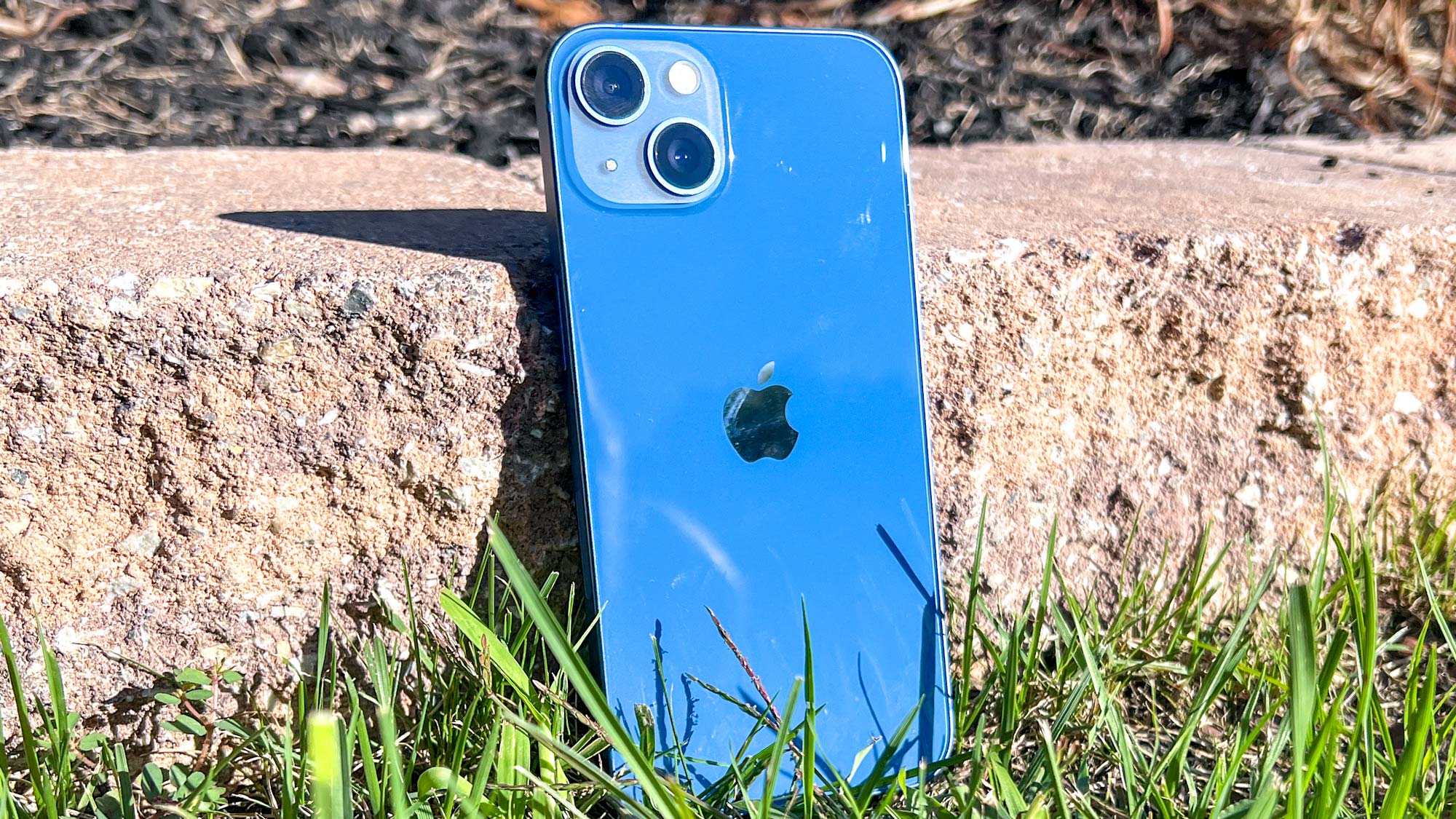Apple reportedly hit by chip shortage — and it’s bad news for iPhone 13
It seems not even Apple can ride out the global chip shortage unscathed

The global chip shortage has affected everything from cars to games consoles, and now it might be impacting production on Apple’s iPhone 13.
According to a report from Bloomberg, Apple has had to cut down production of its latest flagship range due to a lack of parts. While Apple reportedly wanted to produce 90 million iPhones before the end of this year, that number has apparently now been reduced to 80 million — an 11% drop.
- iPhone 13 vs. iPhone 13 Pro: Which should you choose?
- Apple Event preview: MacBook Pro 2021, AirPods 3 and more
- Plus: Wireless carrier Visible denies data breach as account takeovers persist
Bloomberg claims that Apple is having supply issues with chips from Broadcom and Texas Instruments, who are responsible for a number of key components inside the iPhone. Those parts include chips that handle the display’s power management, USB connectivity, wireless components, Face ID, and more.
Other Apple suppliers are also said to be facing shortages, though to what extent has not been detailed.
The good news here is that 80 million is still a huge number of iPhone 13s; Apple isn’t likely to run out of new devices soon. However, with iPhone 13 delivery estimates already slipping back, it may make the phone harder to obtain before the holidays, even if the problems aren't likely to be on the same level as those surrounding the PS5 and Xbox Series X.
The report also suggests that the ongoing chip shortages are an issue that can affect even the biggest of tech companies, though Apple’s large buying power and diverse supply chain links meant it had fared better than most.
CEO Tim Cook had already warned that the company could suffer from chip supply issues during Apple’s Q3 earnings call, but noted that “we’ll do everything we can to mitigate whatever set of circumstances we’re dealt.”
Sign up to get the BEST of Tom's Guide direct to your inbox.
Get instant access to breaking news, the hottest reviews, great deals and helpful tips.
Right now, that means reducing iPhone 13 production for the immediate future. However, Apple is no doubt looking for ways to work around its possible supply issues, and to get as many iPhone 13s into the hands of consumers as it possibly can.
The global chip shortage is the result of a large number of factors. One of those was Donald Trump’s trade war with China, which has affected Chinese chipmakers’ ability to source the things they need to operate. The COVID-19 pandemic played a bigger part, however, with global lockdowns increasing the demand for consumer electronics at the same time as production was grinding to a halt, or at least slowing.
It’s not clear when the shortage will end, however Sony and Microsoft, whose ability to meet demand for next-gen consoles has been severely affected by the supply chain issues, claim that they are likely to continue until late next year.
Until then, your best bet is to be patient, and also make sure you check out our best iPhone 13 deals page and our PS5 restock and Xbox Series X restock trackers.
- More: iPhone 13 vs iPhone 12: Here are the biggest differences

Tom is the Tom's Guide's UK Phones Editor, tackling the latest smartphone news and vocally expressing his opinions about upcoming features or changes. It's long way from his days as editor of Gizmodo UK, when pretty much everything was on the table. He’s usually found trying to squeeze another giant Lego set onto the shelf, draining very large cups of coffee, or complaining about how terrible his Smart TV is.
